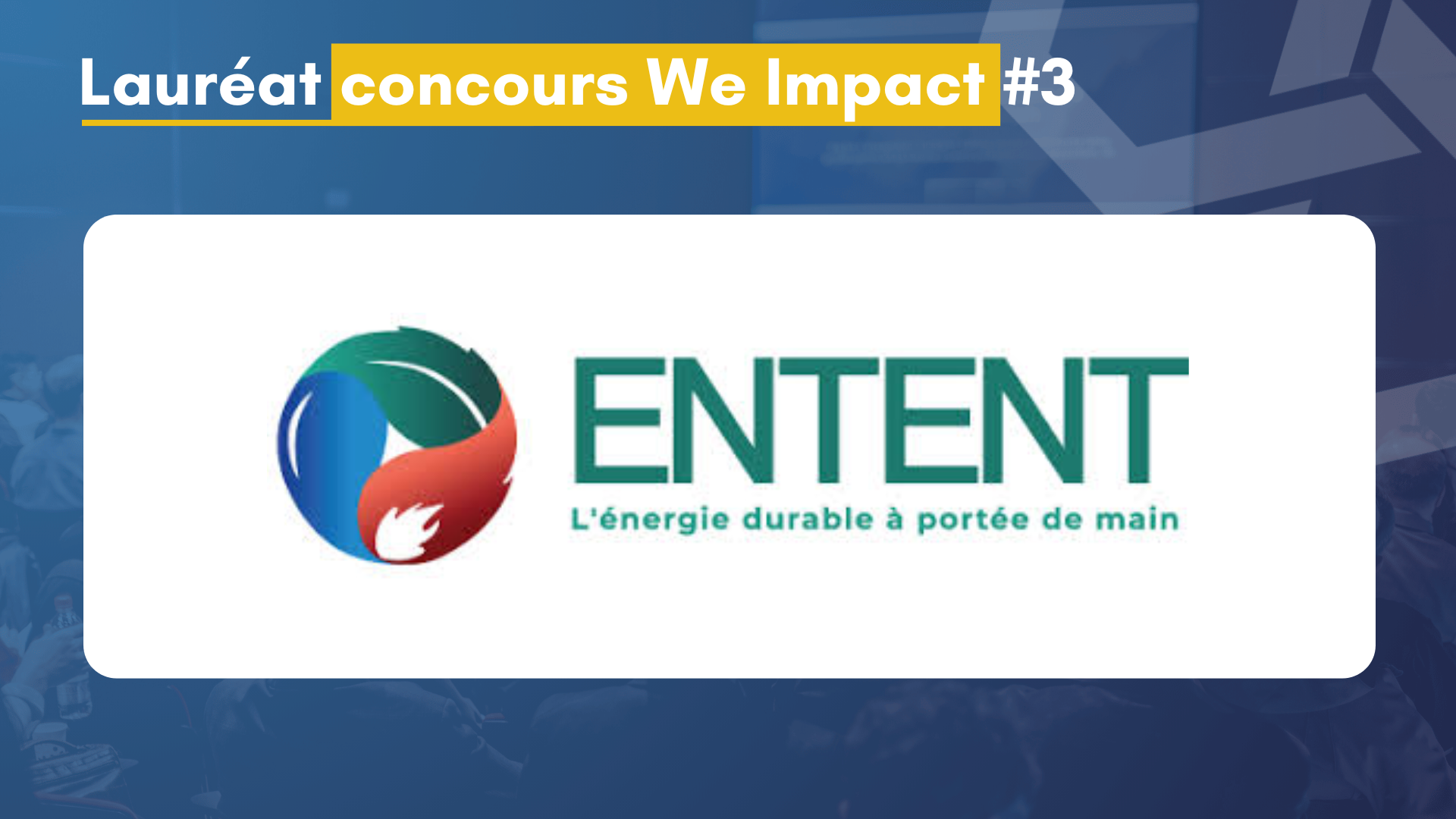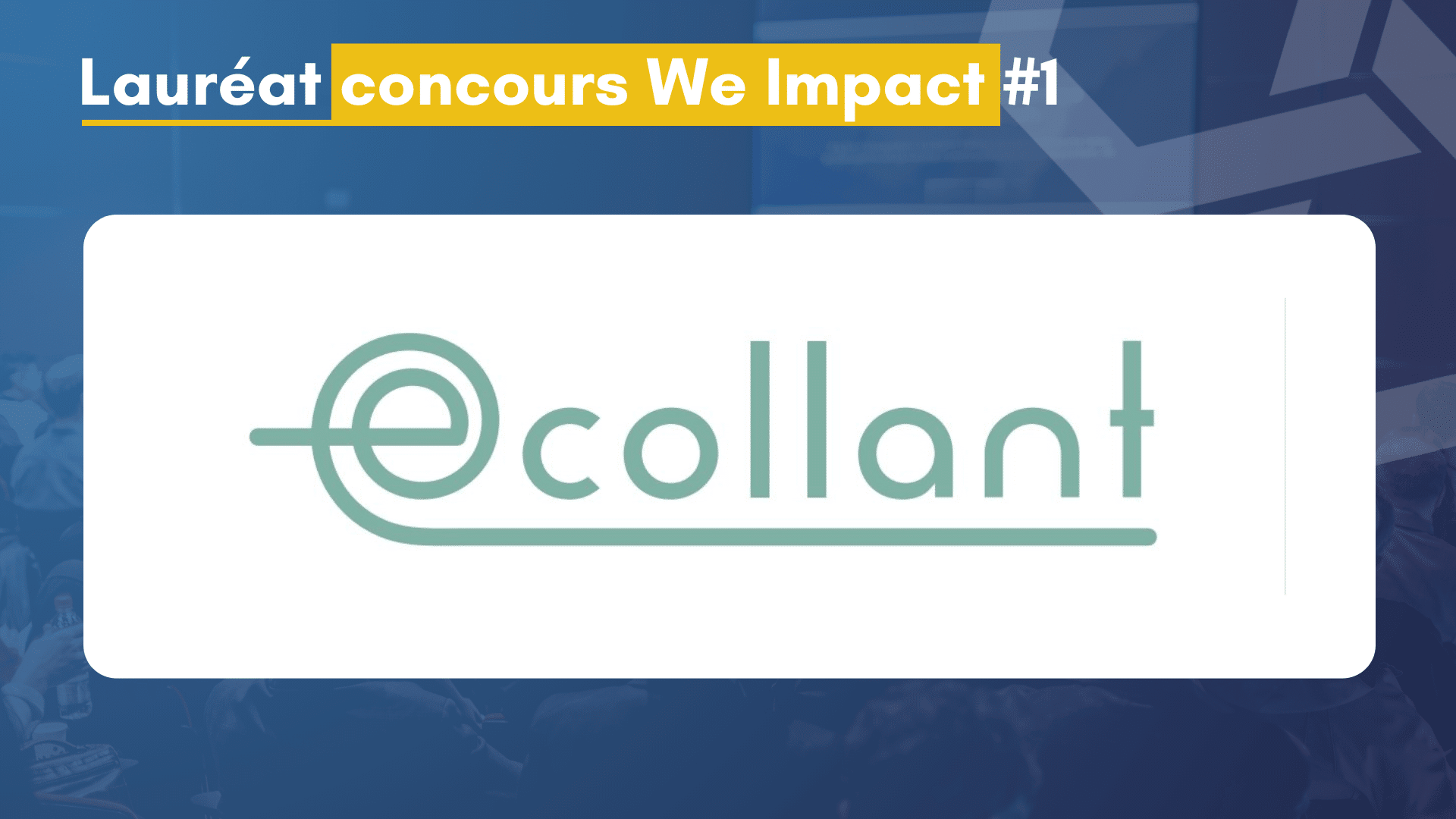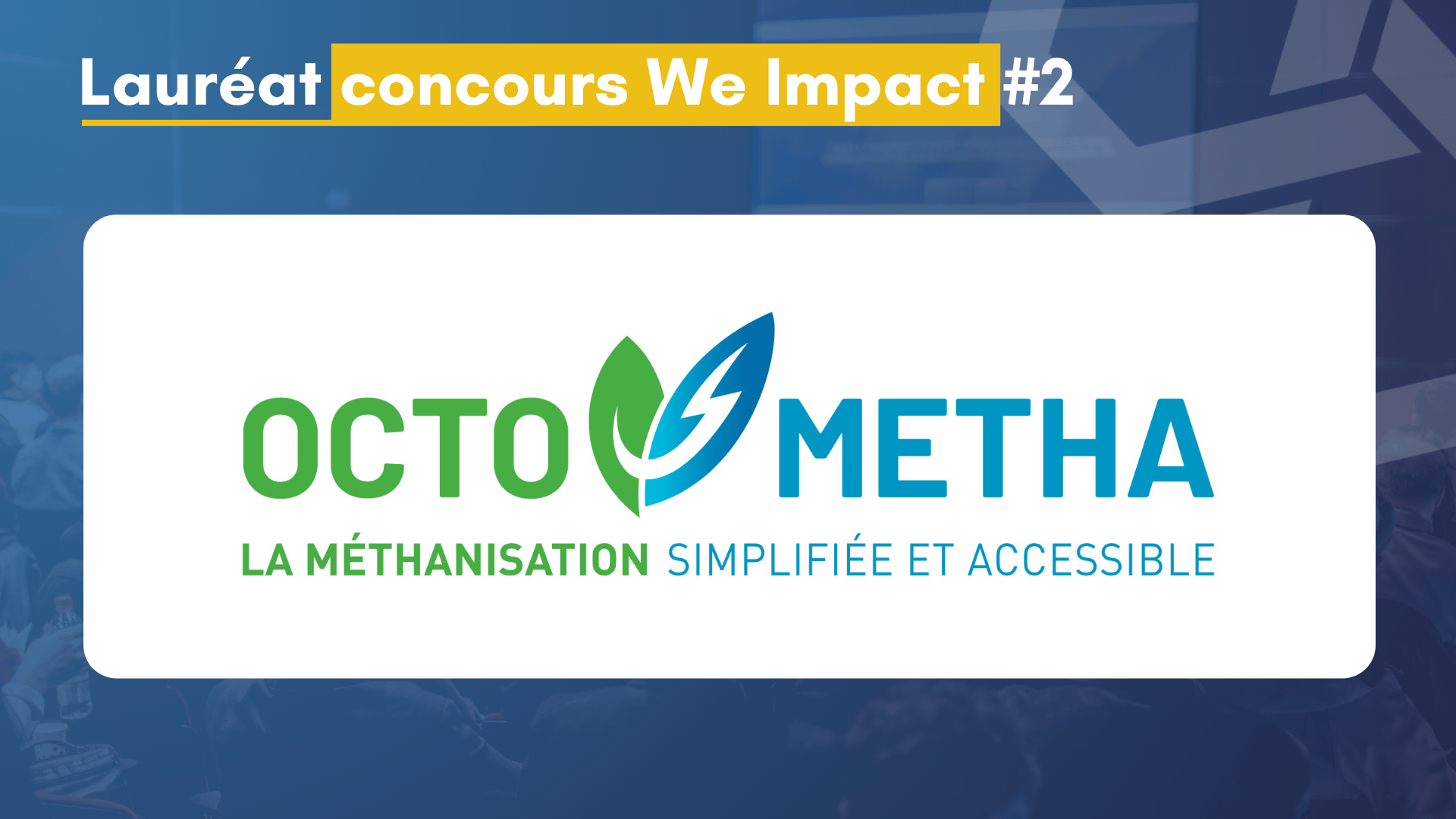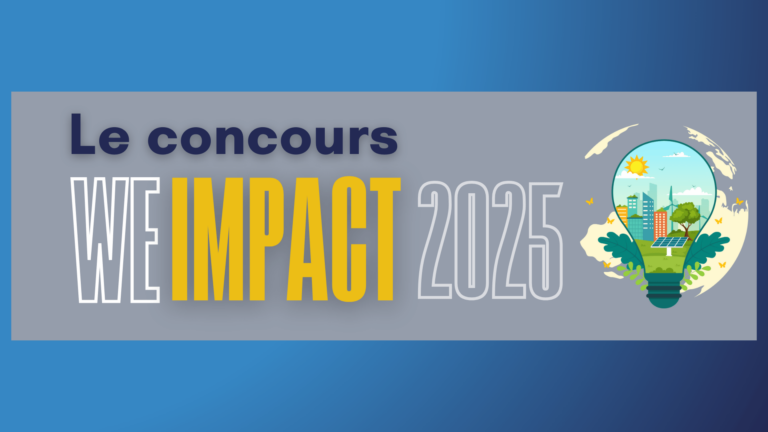A cross-section of solutions for successful decarbonization
The European Union has set itself the goal of reduce greenhouse gas emissions by 55 % by 2030. In France, the fall in emissions is accelerating, but it needs to be consolidated in order to rise to the challenge of climate change. Our societies and our economy must undergo profound change if this decline is to be sustainable.
Against this backdrop, how can French companies contribute to the decarbonization of our economy?



With the participation of :
- Anne-Sophie Marin - ESG Director / Climate Capital Development Plan at Bpifrance
- Thomas Rialan - Co-founder of Carbon CutterCSR strategy consultancy
- Yamina Saheb – Founder and CEO of the OpenExpmember of the IPCC
Brigitte Roeser-HerlinSenior advisor METRON, Climate Tech member French Tech 2030.


- Understand why we collectively need to accelerate by taking a clear look at the current state of transition in France; and grasp the systemic elements of climate change in order to change prism in order to anticipate and accelerate the transition.
- Identify the levers and solutions available to companies to guide us towards a low-carbon world and prepare us to revisit the conditions for efficient, ethical and sustainable business models.
- Sharing concrete examples to shed light on how to get the ball rolling, and identify the obstacles to be overcome in order to achieve France's 2030 climate objectives while maximizing value creation for all stakeholders including our planet.
Receive a summary of highlights and key points to remember
During this event, we rewarded the 3 winners of the WeImpact 2024 Competition
The WeImpact competition aims to reward 3 winners with projects that have a positive impact on the environment, society and local communities. This year, the WeImpact Competition will highlight companies, research establishments or associations invested in decarbonization actions or in innovation for decarbonization.
Winners will receive free support from G.A.C. Group or a partner in its ecosystem, according to their own needs.
The 3 winners of the We Impact 2024 competition

#3 ENTENT
ENTENT is developing a machine, the PULSE, to convert low-temperature industrial waste heat (60-150°C) into electricity. This machine can be plugged into an industrial site in a "plug and play" fashion.

Chief Executive Officer of Bpifrance
Nicolas Dufourcq has been CEO of Bpifrance, the public investment bank, since February 2013. A graduate of HEC and ENA, Nicolas Dufourcq began his career at the Ministry of the Economy and Finance, then at the Ministry of Health and Social Affairs in 1992. In 1994, he joined France Telecom, where he created the multimedia division, before becoming Chairman of Wanadoo, France Telecom's Internet and Yellow Pages subsidiary.
In 2003, he joined Capgemini, where he initially managed the Central & Southern Europe region, successfully leading its turnaround plan. In September 2004, he was appointed Group CFO and member of the Executive Committee. In 2005, he was appointed Executive Vice President in charge of Finance, Risk Management, Information Systems, Delivery and Purchasing, and from 2007, of the Group's key accounts.
Nicolas Dufourcq is also a director of Stellantis and non-executive Chairman of the Supervisory Board of STMicroelectronics.

Chairman, G.A.C. Group
Christophe Boytchev is Chairman of G.A.C. Group, an international consulting firm dedicated to innovation, performance, corporate competitiveness and regional attractiveness. Christophe Boytchev's corporate strategy is based on an ambition for transformation, with the ultimate goal of creating positive, sustainable impacts for his customers, employees and partners. As an innovator, he is committed to the ecological transition of companies and regions. Christophe has held senior management positions in the IT and NTIC sectors.
Yamina has been a research associate at the University of Münster in Germany and the University of Lausanne in Switzerland. In 2018, she was Head of the Energy Efficiency Department at the International Secretariat on the Energy Charter. She has also worked at the European Commission's research center (JRC) and held the position of building policy manager at the International Energy Agency (IEA).
Yamina has a doctorate in energy and is a graduate of EHESS in development economics and of the Ecole d'Architecture de Paris la Villette in landscape policies. She is also a building equipment engineer.
Yamina has just launched the Global Sobriety Lab - World Sufficiency Lab
A graduate of EM Lyon, Anne-Sophie began her career in auditing at PwC. She then worked in corporate finance and private banking at ODDO BHF before joining Aviva Investors, where she specialized in sustainable investment. She then became ESG manager at Access Capital Partners before taking over the ESG and climate plan department within the Development Capital division of Bpifrance. The ESG/Climate department of Bpifrance's Development Capital division supports over 600 investments and 160 investors in these areas.
Senior Advisor to METRON and Member of the Board of Directors of La Monnaie de Paris, Brigitte has developed expertise in industry and "climate tech" through her experience as an executive in international groups (Engie, Solvay, Sanofi) and her knowledge of the start-up ecosystem. A graduate of ESCP Business School, Sciences Po (Corporate Director Certificate), Dauphine University (Climate and Governance Certificate), Georgia State University (MBA), INSEAD (Cedep), she is a member of the French Institute of Directors.
Carbon Cutter is a consulting firm specializing in climate and environmental issues. Founded in 2020, Carbon Cutter has supported over 200 SMEs, management companies and public institutions at every stage of their ecological transition: measuring carbon footprints, implementing decarbonization strategies, launching low-carbon offers, training teams, etc. In parallel, Carbon Cutter publishes open-source studies on the challenges of the transition, with a cumulative readership of over 100,000. Previously, Thomas was a partner in Vendredi.cc, a skills sponsorship platform for businesses.
Director of a film on climate (in)action 🎥 | Released end 2024 | Founder of Twomorrow, the climate-positive media with 1.5M+ views | Lecturer
Célia Poncelin founded Twomorrow in 2021 when she set off on a 6-month tour of Europe to meet companies with concrete climate solutions.
These meetings gave rise to the Twomorrow book and podcast.
Since then, she has been investigating the obstacles to action: why do we know, but don't act? This is the subject of her film (in)action, which will be released on TV in November 2024: understanding how we can overcome inaction to get involved.
At the same time, she speaks out on social networks and at events to raise awareness of climate issues.


























